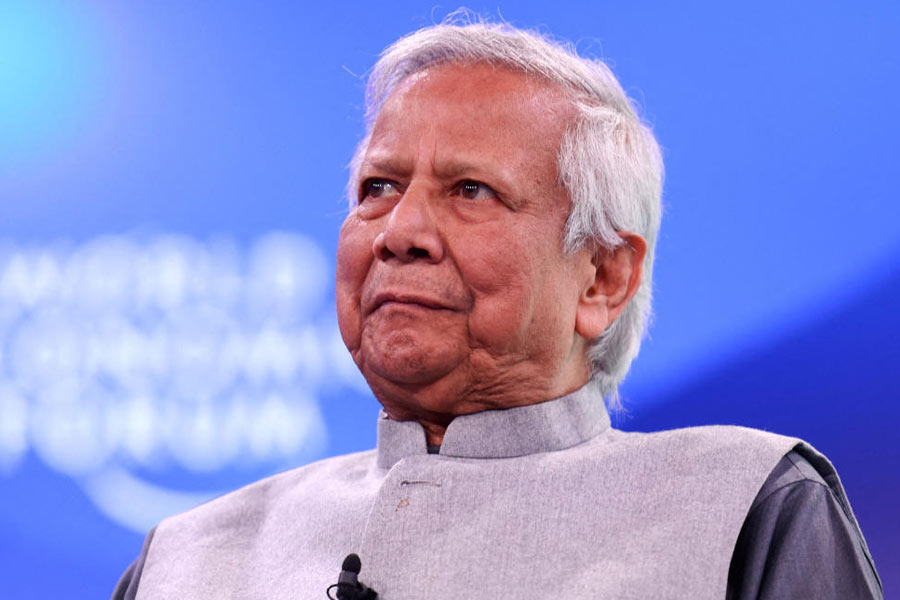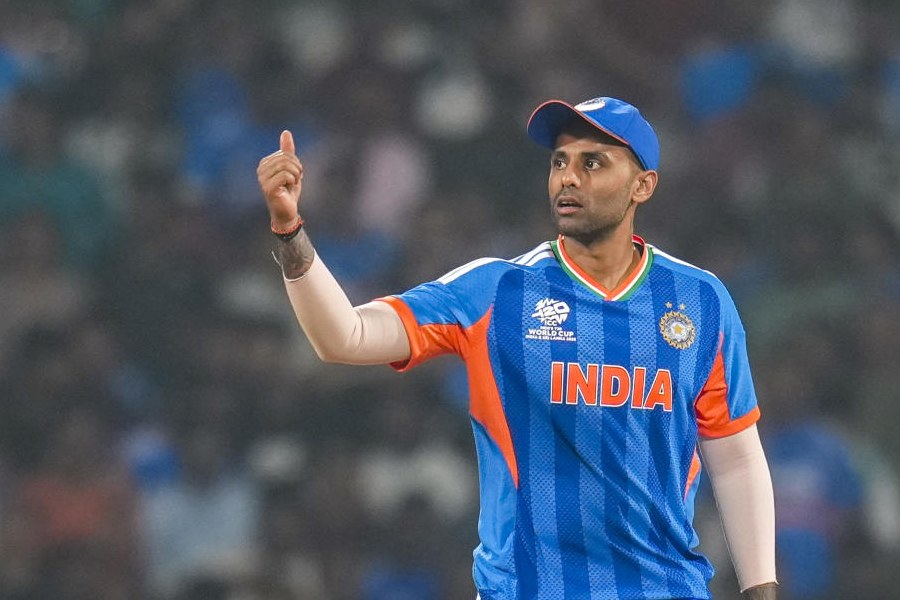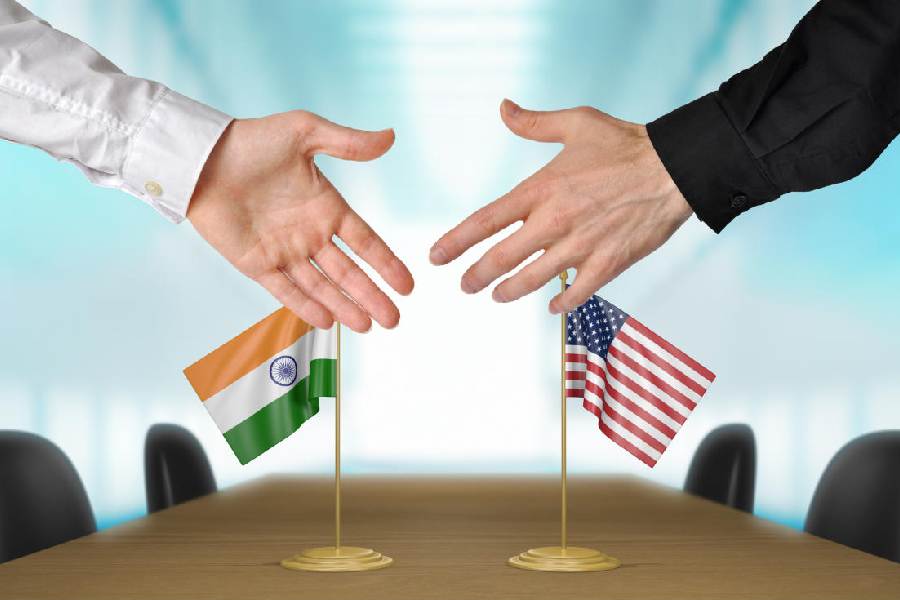The Centre has circulated for public comments a set of draft rules for regulating e-commerce. The rules aim to tighten regulatory oversight on e-commerce companies. They prescribe a discontinuation of flash sales on e-commerce platforms, effective preclusion of ownership of suppliers by the platform, and the carrying of a liability in the event the supplier fails to deliver the product. In order to promote Indian producers and create a level playing field, the draft rules suggest that platforms must offer similar products sourced from local producers whenever they offer any imported item for sale. It could become mandatory to declare the country of origin of all goods sold. Flash sales cannot be held as they are considered to be against the spirit of competition with a bias against small suppliers. Hence, deep discounts for a certain specified period of time would not be allowed. This is standard practice in international retail business and a ban might affect differential pricing strategies adopted by goods and services aggregators like Zomato, Swiggy, Ola and Uber. Regarding the ownership of the sources of supply, some platforms do have ownership of key supply sources and tend to favour sourcing supplies from them. If this is ruled out and the platform has to carry a residual liability on defaults by the supplier, the cost of doing business could rise significantly. Declaring the country of origin is fair enough, but would there always be an equivalent locally produced substitute, especially for goods such as high-end electronics? It is interesting to ponder whether books written by foreigners and published abroad would require Indian substitutes to be offered for a more complete choice-set faced by the consumer.
Large platforms do wield considerable market power. However, trying to rein them in at the cost of shrinking business volumes or raising operational costs would only have adverse effects on consumers. Buyers are invariably interested in the quality and in the price of products. The country of origin is hardly a matter of concern. In reality, the battle that the Indian government is waging with big-tech and e-commerce has nothing to do with improving consumer welfare or facilitating swadeshi development. It is about the exertion of greater power over consumers and citizens. The issue at stake is the large and useful database in the hands of big-tech indicating customer preferences and habits. These can be used to persuade purchases by business. It can also be used for exerting coercive control on the citizenry by the State.










